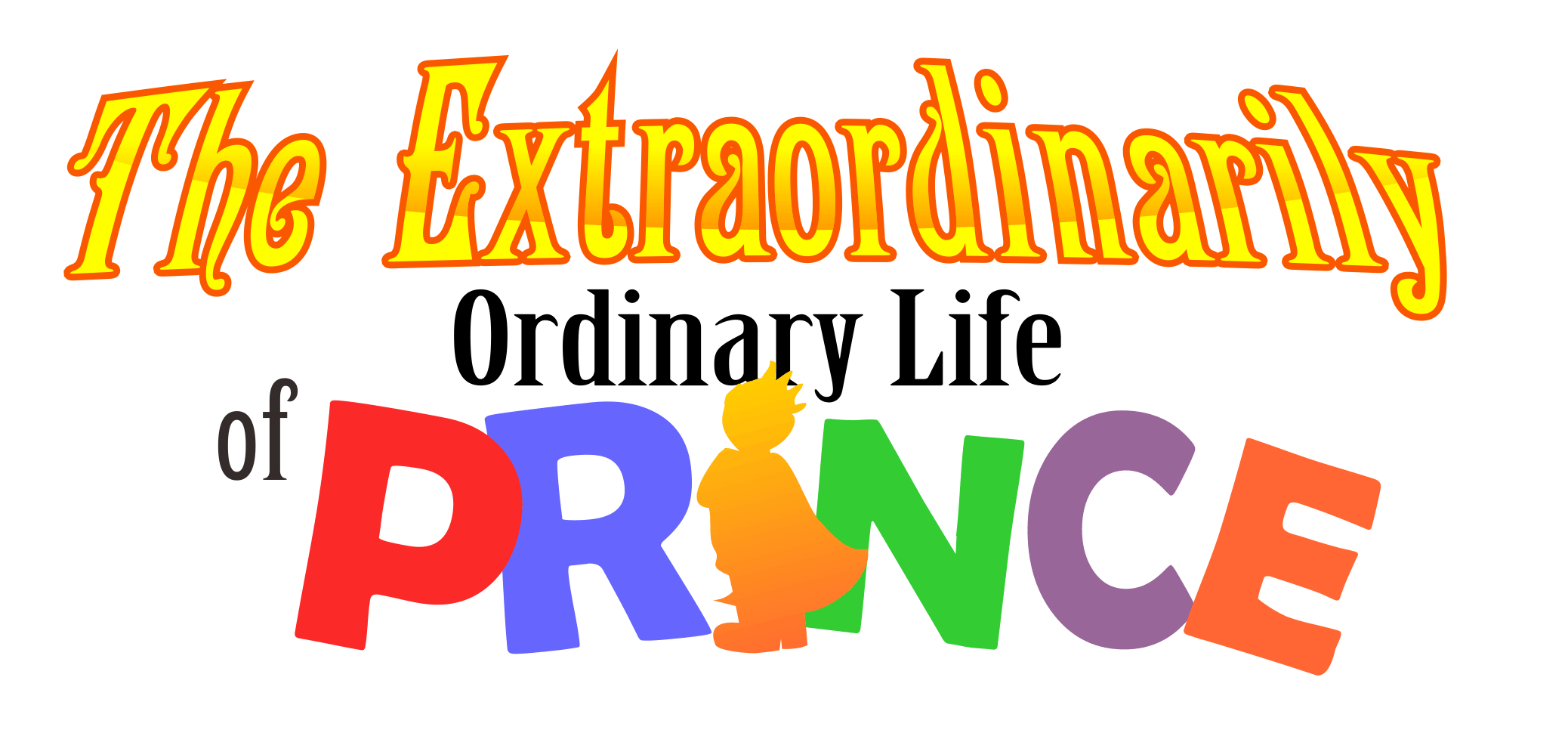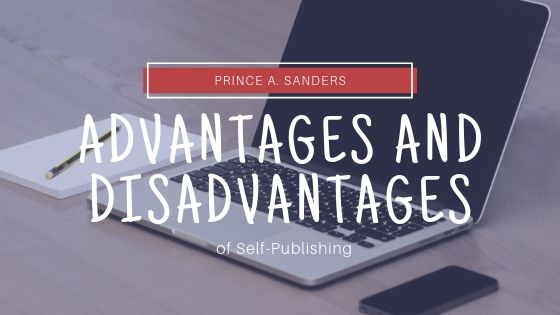My first book, the Extraordinarily Ordinary Life of Prince: Which Fork’s First, was self-published. During the many hours of writing, finding an illustrator, teaching myself formatting, printing, and marketing, I learned firsthand the many advantages and disadvantages of the process. If you’re trying to decide between finding a publisher for your book or publishing it yourself, the following pros and cons may help you during your literary journey.
Pro: Complete Control
When you self-publish your book, you retain total control over the entire creative process. You decide exactly how the book will look once complete. Authors who go the traditional publishing route often sacrifice this control, as the publishing company may choose the title, the cover image, where it will be stocked, and more. Often, the author doesn’t get a voice in the process.
By self-publishing, the author is able to decide the target audience for their book, as well as key marketing messages they wish to present.
Con: Little Support
Although writers retain control of all elements of their book by self-publishing, this means that they also must gain the skills necessary to make their story a success. They may need to teach themselves proper formatting, editing, and printing, all elements a traditional publisher would normally handle for them. If writing is their main focus, some authors may struggle when it comes to other steps such as creating a cover design and marketing their book.
Pro: Cutting Costs
Opting for self-publishing has the potential to help authors cut back on costs since they don’t need to invest anything in finding a literary agent to represent them to publishers. Self-published authors may also receive a significantly higher return on their publishing investment. They may be able to keep 70-100% of sales instead of the standard 15% royalty. Self-publishing also allows them to print only as many copies of the book as they need, possibly even printing the books on demand.
Con: Paying for Everything Upfront
If they choose to self-publish their manuscript, the author is responsible for paying for all publishing costs up front, which is often a significant investment. They must do this without having any promise of return on their investment. Making money can be difficult, as self-published authors lack the distribution channels provided by traditional publishing houses.
Pro: Easy to Do
Once you have your book completely finished, publishing it yourself is a relatively easy process. As with any new skill, there is a learning process, however, anyone can teach themselves. Authors don’t need to spend the time to find an agent and then a publisher. They can completely bypass the process by doing everything themselves.
Con: Must Work Harder for Credibility
Although many critically-acclaimed authors have had great success after self-publishing their books, some individuals may view self-published authors as less credible. Work published through a recognizable publishing house often receives the proverbial instant stamp of approval. While self-published works may be just as good, authors may have to fight harder to get the recognition they deserve.
Whether you choose to take the self-published or publishing partnership route, you are sure to learn a lot along the way! Publishing a book can be intimidating at first, but once you reach the finish line, you will be able to hold your story in your own two hands. Being able to share my finished book with others is my favorite part of the process.

